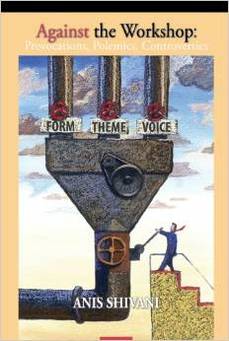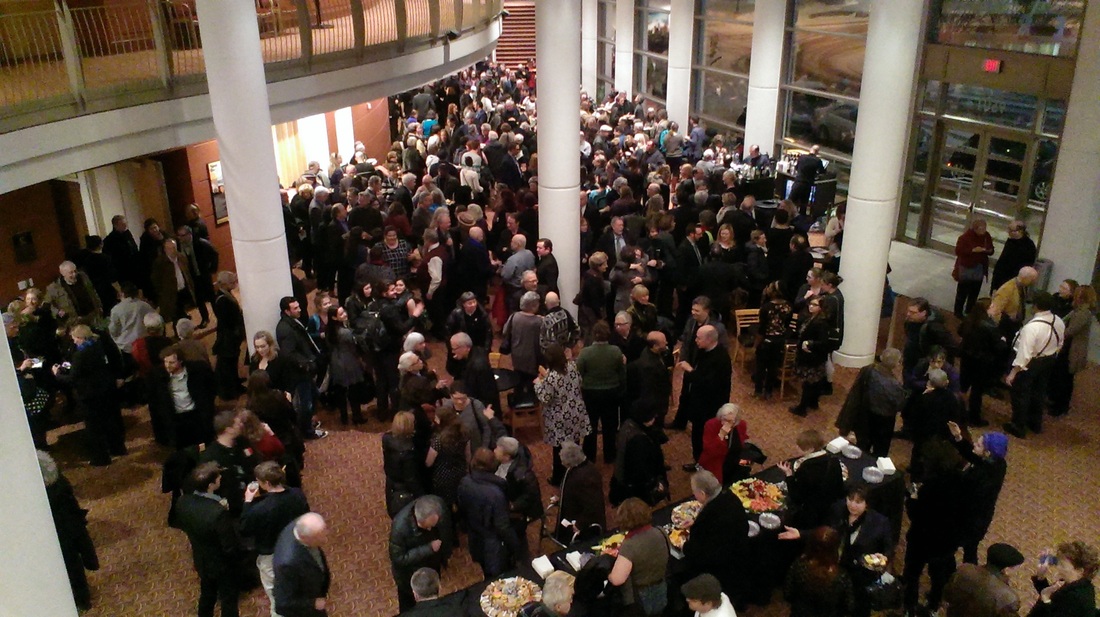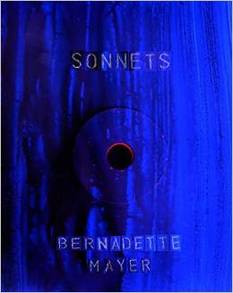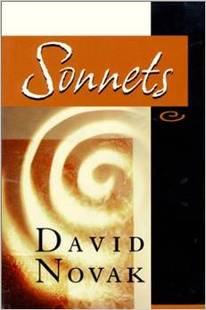I might expound upon it in greater depth—what provoked the concept to arise in my consciousness—but the feelings are raw, personal, and would serve no purpose in the recounting. Suffice it to say, that when one has reached a certain age of discretion, one no longer yearns to control outcomes: the world will operate as it does, or as it must, and men and women likewise. Poetry is evocative, not expressive, "except at a secondary or even tertiary remove" quoth Joseph Salemi. One cannot predict another person's actions, as one might those of a molecule in a scientific experiment.
Perhaps some social scientists would reduce man so, but let me not. Even as a boy, I had evidence, that words provoked sometimes erratic responses; yet erratic perhaps from the outside looking in. Nevertheless, "let the chips fall as they may" as I have said: with the press of time, well, Franz Kafka's "Next Village" may prove unreachable. Time rushes in one direction only; and all activities are fraught with risk—so there is no good point to dwelling on it.
"Expect no further word nor sign from me." What I mean to say is, even if not for a project (i.e. writing an essay), I do hope to make a dent in my Atticus. It is very easy, after the holidays and through the winter, for me to get derailed from whatever (reading) projects I have at hand; I feel, if I don't give it a concerted push, I may lose it altogether. So, hiatus for real, if I can manage it—for a fortnight or so. "All things can tempt me" alas!






 RSS Feed
RSS Feed